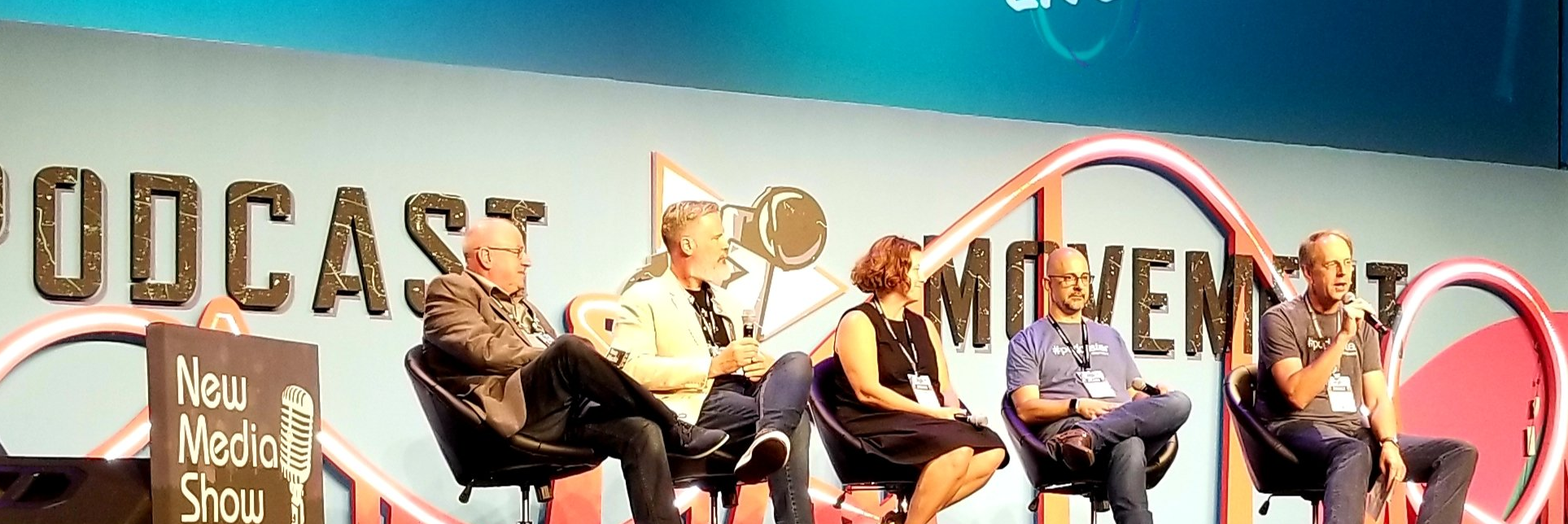I have been following the discussions on the web about the future of the web as we see more closed and walled gardens grow again. The pending Facebook IPO has shined the spotlight of attention to this topic that Robert Scoble was concerned about 4 years ago, when he feels that something could have been done to slow the decline of the Web and RSS. Robert feels that it could be too late to save the web and he has moved on. He might well be right, but I am not one-sided on this topic as I think a shade of grey here is more appropriate.
I feel compelled to partially agree with these guys thoughts: Dave Winer, Robert Scoble and John Battelle (give these web-based blog posts a read). I respect all those guys as they have shown thought leadership around the growth and development of the web for many years.
In some ways I feel like this is a little bit of a rehashing of the past as I mentioned in my prior post it feels like 1994 all over again when it comes to the worries around the threats to the growth of the open web. Many worried back then that AOL would stifle the growth of the open web. While I do think things are very different now, most of the important aspects of this debate are just as valid. The web is everywhere and all these companies like Facebook, Google, Bing, LinkedIn and many others are still accessed largely via a “WEB” browser. I say this knowing that more and more users are accessing these social and search services via apps, but yet the web is still huge and really not dying in any really significant ways yet.
I think it is rather ironic that as part of me thinking about commenting on this topic that I considered posting it to Google+, Facebook and Twitter first. I realized that this topic belonged on my blog first and then use these networks to help reach readers of these thoughts. I also realized that I may be in a growing minority of this world to have three active blogs. I did feel the social gravitational pull to post this post on the big social networking sites first as it is easier to do, take less time and the expectation of the writing is generally shorter in length. While blogging does not always have to be longer and in more depth, yet I always feel more compelled to write more of my thoughts on a blog. I see longer posts on regular web-based blogs that are completely open from Robert, Dave and John. I agree with Robert that more online users should be completely open on these big social networks. I am and have always been as I have nothing to hide and have lived my online life for years as an open book for the world to see if they are interested to look.
I do worry that the long-term health of the web is under threat and attack, but why is that? I pose this question, because the answers need to be heard and the answers are directly responsible for the existance of Facebook, Google+, Apple, Xbox and many other controlled online platforms and services. The main reasons are the lack of web security, online safety, difficulty in finding/locating, ease of use and viable business models. The combination of the web and internet creates the opportunity to innovate as well as be destructive. Most early online users had many bad experiences with the web, from viruses, worms, phishing threats to identity theft. To add to it the early operating systems we all used had lots of bugs and the web was SLOW in early browsers.
Many started to see the web as a very scary place and just did not trust it. I believe that these large online social networks solve most of the problems. We are also seeing much simpler and safer operating systems with faster internet connections. These developments are the reason that we could see the web grow again.
I also think that the current Apps craze is just an extension of these closed networks that could fade over time as aggregation and filtering of information becomes more important. Generally specialized Apps have always been important to computing and will continue to be, but apps today are all about control and making money for the developers. Does bouncing in and out of limited function apps the type of user experience we all what in the long-run? I don’t think so, I think we will demand more integration and this might be where Facebook might fill the future need. Sorry to say.
I think we in the tech industry need to think about how we make the web better and safer for billions of coming users as these closed social networks will not be able to provide everything the human-kind needs as business models don’t fulfill all our information, communication and sharing needs. I say that it would be good for all of us to each have a place on the web that is on the outside of these large social networks to contribute our thoughts as a foundation for more thoughtful discussion. I think 140 characters is just not enough for the world to be a healthy and democratic place.
